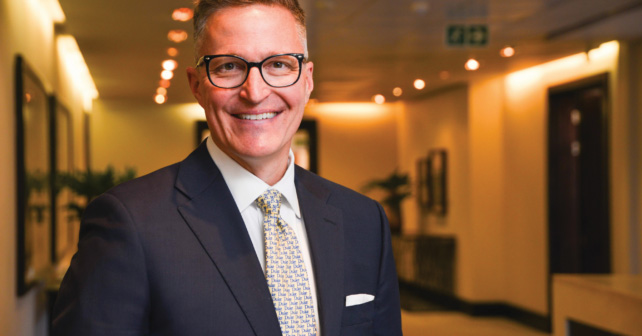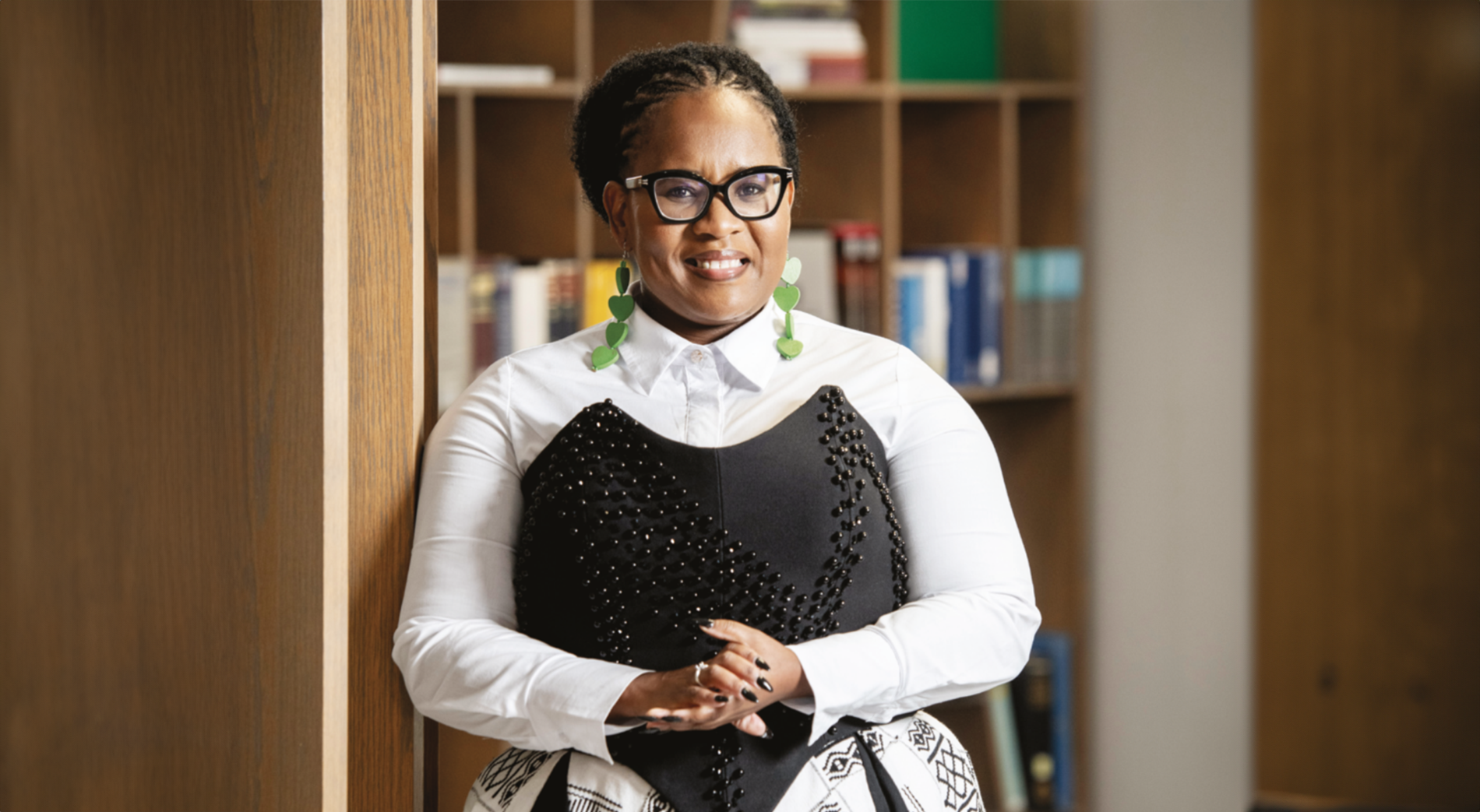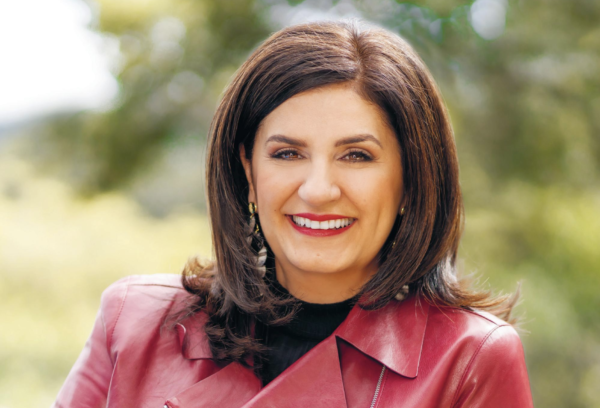Businesses that flip diversity and inclusion deliver winning results.
Stars and stripes; mac and cheese; tops and tails. Many common pairings are expressed only one way around. Diversity and inclusion is similar. Rarely do we see the pairing reversed thus: inclusion and diversity. Yet one Great Mind has indeed switched it around. Jacobs chair and chief executive officer Steve Demetriou thinks inclusion must come first.
Assembling a group of diverse individuals has minimal impact unless those voices are empowered and enabled to collaborate. “We must be exceptional at creating an environment where all employees feel valued, have a sense of belonging and can be their best,” Demetriou told me.
At Duke University, we know a little bit about basketball – we are often lucky enough to have the chance to see our world-famous university team at close quarters. At court side, we witness the tension between sourcing, assembling and retaining great individual talent to form a successful collective.
Demetriou is himself a successful school basketball captain. “Basketball is really the combination of putting complementary talent together,” he told me. “Bringing different skills, capabilities and instincts drives success versus just having the best players. Business is a combination of having the top talent and ensuring it is complementary and that the chemistry exists.” As he leads the evolution of Jacobs from a successful engineering and construction firm to a leading technology and solutions provider, Demetriou is applying daily his lessons on the power of inclusion.
Not all sporting analogies work in business. Yet one stands out as universally true: great individuals frequently play in mediocre teams. It’s common to see talented individuals perform poorly because of interpersonal struggles. Yet well-functioning, inclusive teams can perform better than the sum of their parts: the most talented individuals excel themselves while improving the aggregate performance of their colleagues.
Demetriou’s leadership contains invaluable lessons for an inclusion-first management model.
Incorporate voices
In large organizations, individual voices can be homogenized – or drowned out entirely – by the daily noise of organizational process. Demetriou takes active steps to avoid this by empowering eight employee network groups to review company policies, practices and programs.
Walk the talk
Little changes can make big differences. As executive sponsor of the Jacobs Women’s Network, Demetriou was asked to take action in a very specific way. “They said ‘if you want to walk the talk, then change your title from chairman to chair,’” Demetriou told me. “Within a few hours, the title change was done.”
Celebrate differences
Demetriou was raised in the Boston suburbs by parents who emigrated from Cyprus and spoke Greek at home. He says that growing up, he often felt different from those around him. “When I came on board as CEO five years ago, I knew it would be important that we were all moving in the right direction, capitalizing on our different experiences.”
The evidence is that diversity works when inclusion is prioritized. Total shareholder return at Jacobs has increased by 130%. By taking steps to include everyone in his organization, the Great Mind of Steve Demetriou is clearly delivering strength from diversity.
Michael Chavez is global managing director of Duke Corporate Education. A version of this column originally appeared on Forbes.com.




